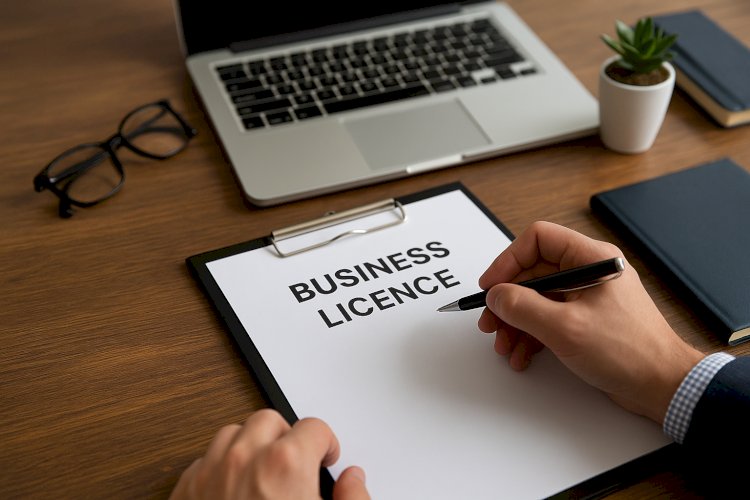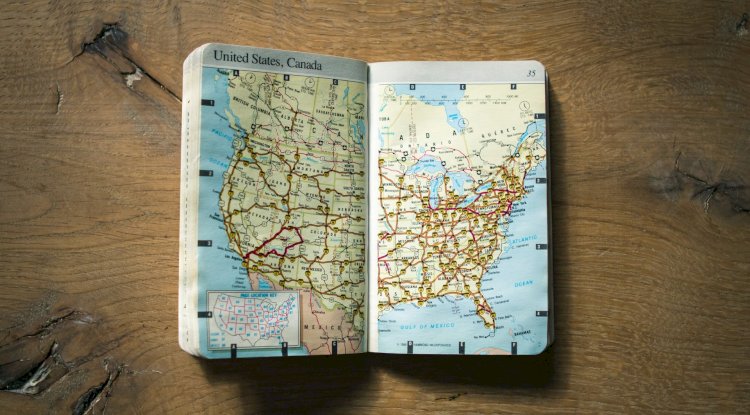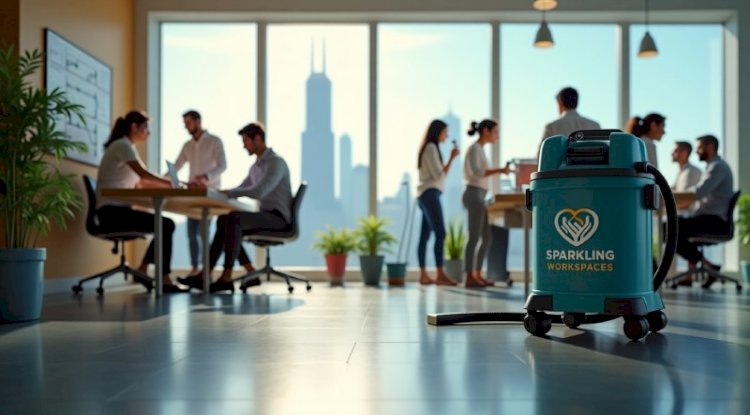Does Your Business Need a Licence in Australia? Find Out Here
Find out if your business needs a licence in Australia. Learn types, requirements, costs, and how to apply locally. Updated 2025 guide.
Does Your Business Need a Licence in Australia? Find Out Here
Starting or operating a business in Australia often requires complying with various local, state, and federal regulations, including licensing requirements. Whether you’re running a small home-based enterprise or managing a large trade business, it’s essential to know what kind of licences apply to your business activity. This guide will walk you through everything you need to know about business licences in Australia — including when they are required, what types exist, industry-specific obligations, and where to find accurate licensing information.
What is a Business Licence?
A business licence is a legal authorisation issued by a government body that permits an individual or company to operate a business. Licences ensure that businesses meet specific standards, protect consumers, and operate within safety and ethical guidelines.
Licences can be required at the federal, state, or local level, depending on the nature and location of your business activities.
Why are Business Licences Important?
- They ensure consumer protection and public safety.
- They validate that your business meets industry standards and regulations.
- Operating without a required licence can result in heavy penalties and legal action.
Types of Business Licences in Australia
Different types of licences may apply to businesses depending on their sector, services offered, and state or territory. Common business licence categories include:
- Occupational Licences: Required for trades like electricians, plumbers, builders, and pest controllers.
- Health and Safety Permits: For businesses in food, health, and beauty industries (e.g., cafes, restaurants, tattoo parlours).
- Environmental Licences: For industries that emit waste, such as manufacturing or chemical disposal.
- Business Name Registration: Required when trading under a name that isn’t your own.
- Zoning and Land Use Permits: Needed to ensure your business is permitted in the intended location.
Does Your Business Need a Licence? Industry-Specific Requirements
The need for a business licence depends largely on your industry and operational scope. Here’s a breakdown by sector:
Construction & Trades
In most states and territories, trades like electrical work, plumbing, and building require licensing. For example, in Queensland, tradespeople must be licensed with the QBCC. Similarly, Victoria’s VBA oversees building industry compliance.
Hospitality & Food Businesses
If you are starting a café, bar, or restaurant, you’ll need food business registration and, often, a liquor licence. Visit your local council’s website or check health.gov.au for national food safety standards.
Retail
Retail businesses need ABNs and may require licences if selling restricted items such as alcohol, tobacco, or pharmaceuticals. Learn more via the business.gov.au retail guidelines.
Online Businesses & E-commerce
Even online-only businesses must register an ABN and adhere to consumer law and data protection laws. No specific e-commerce licence is required, but GST registration is necessary if turnover exceeds $75,000 annually.
Childcare Services
Businesses involved in early childhood education must be licensed by authorities like ACECQA and comply with the National Quality Framework (NQF).
Healthcare and Wellness
Practitioners such as chiropractors, acupuncturists, and psychologists must hold credentials registered under AHPRA and meet ongoing professional development standards.
Where to Check Licence Requirements
To check whether your business needs a licence, use the Australian Business Licence and Information Service (ABLIS) tool available at ablis.business.gov.au. Alternatively, you can use the ServiceTasker guide to business licensing for localised guidance.
What Happens If You Don’t Get a Licence?
Operating without the appropriate business licence can lead to fines, closure of your business, or legal penalties. For instance, unlicensed building work in NSW may result in fines over $100,000. Always verify your obligations before commencing operations.
Cost of Business Licences in Australia
The cost of a business licence varies depending on the industry and state. For example:
- Victorian Builder Licence: $550–$750/year (VBA)
- NSW Food Business Registration: $250–$600/year
- Queensland Trade Licences: $300–$800 depending on category
Always refer to your state’s official licensing authority for accurate fee structures.
How to Apply for a Business Licence
- Identify your business structure (sole trader, partnership, company, etc.).
- Visit ABLIS or your state’s business portal.
- Provide business details including ABN, address, and activity description.
- Pay the applicable licence or permit fee.
- Submit additional documentation if needed (e.g., qualifications or police checks).
Do You Need a Licence as a Sole Trader or Home-Based Business?
Yes, even sole traders or home businesses may require permits. For example, if you run a beauty salon from home, you might need council approval or health certification. The same applies to freelance tradespeople or dog groomers. Always check with your local council or ABLIS.
Additional Resources
- Business.gov.au – Federal resource for new businesses
- ASIC – Business name registration and company regulation
- ABR – Australian Business Register
- ServiceTasker Licensing Guide
Share
What's Your Reaction?
 Like
2
Like
2
 Dislike
0
Dislike
0
 Love
0
Love
0
 Funny
0
Funny
0
 Angry
0
Angry
0
 Sad
0
Sad
0
 Wow
1
Wow
1


















Get instant ADHD screening results with our online Vanderbilt Assessment Scale for children. Features AI-powered personalized reports and professional-grade analysis. Start assessment now! https://vanderbiltassessment.com
Certvalue is one of the growth oriented KOSHER consultant in Dubai for providing KOSHER certification in Dubai , Abu Dhabi, Ajman, Al Ain, Al QUSAIS, Jebel Ail, Umm Al Quwain and other major cities in Dubai with the services of implementation, Documentation, Audit, Templates, training, gap analysis and registration process at affordable cost to all organization to get certified KOSHER. https://www.certvalue.com/kosher-certification-in-Dubai/
Navigating Hostility: Strategies to Reduce Tensions in Skull and Bones In the tumultuous seas of Skull and Bones, navigating the treacherous waters of hostile factions can be just as challenging as facing the fiercest storms. Unlike the virtual realms of games like Assassin’s Creed, where wanted posters can be torn down to ease tensions, resolving hostilities in Skull and Bones requires a more nuanced approach. Here, we delve into the strategies and tactics essential for reducing hostility and restoring peace amidst the chaos of pirate-infested waters. Understanding Hostility Dynamics In Skull and Bones, hostility towards your vessel is represented by a meter prominently displayed in the upper-left corner of the screen. This meter serves as a visual indicator of your standing with various factions roaming the seas. When hostility is high, the risk of encountering hostile ships increases, leading to inevitable confrontations that can jeopardize your endeavors. The Art of Evasion When facing the wrath of a hostile faction, evasion becomes your most potent weapon. Unlike the swashbuckling escapades of yore, where confrontation was often the only option, Skull and Bones offers players the opportunity to slip away from danger unnoticed. By staying out of sight of enemy ships for a prolonged period, the hostility meter gradually decreases, signaling a return to neutral ground. Strategic Retreats One effective strategy for reducing hostility is strategic retreat. By leaving the territorial waters where a particular faction holds sway, you can effectively break the line of sight with hostile vessels and buy yourself precious time to regroup. For instance, if pursued by the formidable Ungwana along the Coast of Africa or the relentless French Companie Royale near the Red Isle, swiftly departing from their domain can alleviate immediate threats. Diversions and Distractions In the vast expanse of Skull and Bones' open world, opportunities for diversion are plentiful. Engage in activities that divert attention away from your vessel and allow hostility to dissipate naturally. Seek refuge in bustling outposts, where the presence of neutral or friendly factions offers sanctuary from pursuing adversaries. Engage in leisurely pursuits such as fishing or exploring uncharted territories, all while keeping a vigilant eye on the hostility meter as it steadily declines. Leveraging Fast-Travel Systems Harnessing the power of fast-travel systems can serve as a lifeline in dire situations. When faced with overwhelming hostility, swiftly navigate to distant regions of the map where hostile factions hold minimal influence. Utilize this window of respite to reevaluate your strategies, restock essential supplies, or embark on lucrative ventures far from the prying eyes of your adversaries. Patience and Persistence Reducing hostility in Skull and Bones demands patience and persistence. While the waters may seem turbulent and fraught with peril, maintaining a cool head and a steady course is paramount. Remember that hostility levels gradually decrease over time, allowing for a gradual return to amicable relations with previously antagonistic factions. Conclusion In the ever-shifting seas of Skull and Bones, the ability to navigate hostility with finesse is a skill coveted by seasoned pirates and aspiring captains alike. By mastering the art of evasion, strategic retreats, and leveraging the myriad distractions the open world offers, players can effectively reduce tensions and ensure smoother sailing on their maritime adventures. So, the next time you find yourself pursued by the ire of a hostile faction, remember these strategies and chart a course towards calmer waters. Best website to Buy Skull and Bones Items or SnB Items on MMOexp.com.